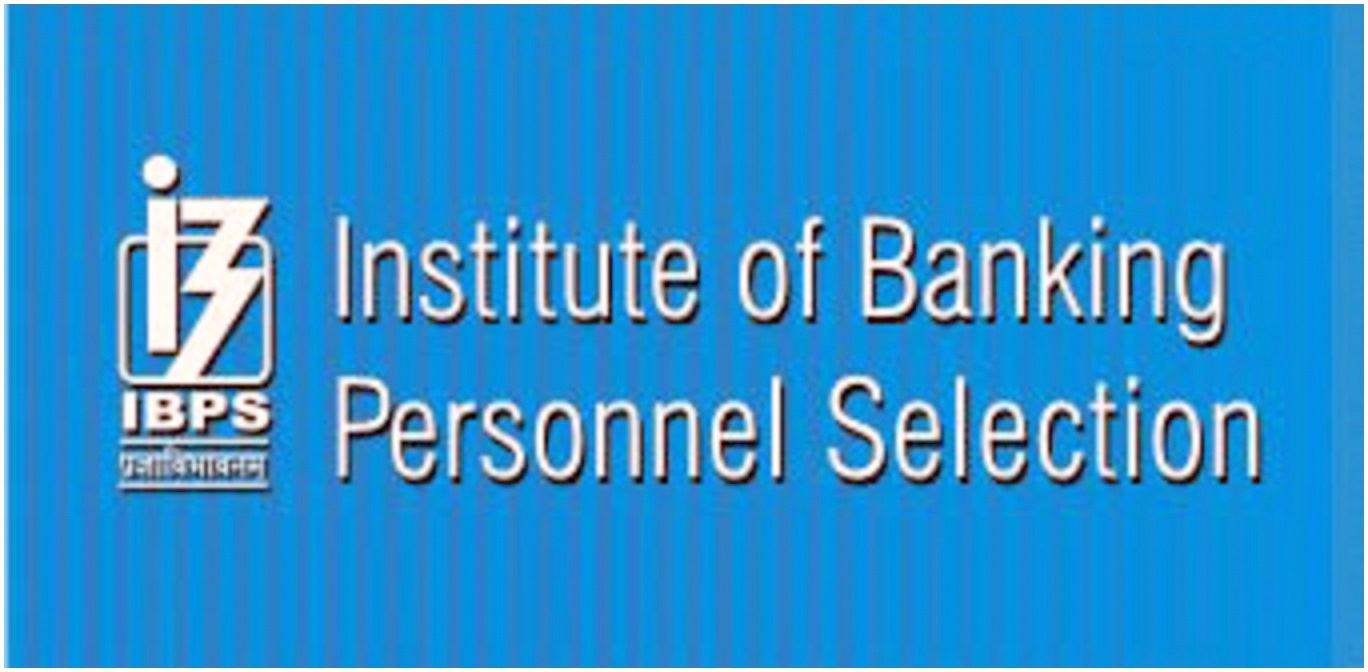IBPS SO 2016 exam analysis and expected cut-offs
Join Raman banking no1 bank coaching institute in Mandi,Himachal pradesh.91/3 near kusum theater jail road distt. mandi,h.p..mobile:9882544546,9736140403.www.ramanthakur.blogspot.in
best coaching for IBPS PO,IBPS CLERK,IBPS RRB,SBI PO,SBI CLERK,kangra bank,hp cooperatiive bank,ssc cgl,railway,police,army,patwari,cat,mat,met,jbt,mba bba,bca,btech,bsc,bcom,ba,4-10 th class tutions.

IBPS successfully conducted the IBPS SO 2016 exam for IT officers on February 14th, 2016. A large number of candidates took the exam which was held in morning and afternoon slots. Many of you would be wondering about the questions asked, section-wise and overall difficulty level of the exam and the cut-offs. Therefore, in this article, we will give you a topic-wise analysis and also look into the expected overall cut-offs and the ideal number of attempts.
Exam Pattern:
The 2-hour online objective test comprised 200 questions from four sections, carrying a total of 200 marks. The section-wise analysis of the exam is as follows:
i) Reasoning Aptitude:
Total Marks: 50
Total No. of Questions: 50
Topic No. of Questions
Syllogism 05
Arrangements (2 sets) 10
Puzzle (2 sets) 10
Input-Output 05
Data Sufficiency 05
Logical Reasoning 10
Inequality 05
This section was of easy to moderate difficulty level. This section was the easiest as compared to the others. There were two easy sets of questions based on Seating Arrangement. The two puzzle sets worth a total of 10 marks were, however, quite time-consuming. Candidates have reported that questions based on Input-Output and Syllogism were also quite tough due to which many failed to solve them correctly. Questions from Inequality, Data Sufficiency and Logical Reasoning could be solved quickly. Questions based on miscellaneous topics like Direction and Blood Relations were straightforward and thus time-saving.
ii) Quantitative Aptitude
Total marks: 50
Total No. of Questions: 50
Topic No. of Questions
Data Interpretation (DI) (3 sets) 15
Number Series 05
Quadratic Equation 05
Data Sufficiency 05
Approximation 05
Miscellaneous 15
This section was of a moderate difficulty level. A total of 15 questions were asked in the three DI sets that were based on pie chart, table and bar graphs. Questions from Approximation and other miscellaneous topics were of moderate difficulty level. However, questions from Number Series and Quadratic Equations were quite easy and could be tackled quickly. There were around 15 questions from Simple Interest, Age, Boat & Stream, Percentage, Profit & Loss and Mixture or Alligations.
iii) English Language
Total Marks: 25
Total No. of Questions: 50
Topic No. of Questions
Fill in the Blanks 05
Para Jumbles 05
Cloze Test 10
Reading Comprehension (RC) 10
Sentence Improvement 10
Spot the Error 05
Correct Spelling 05
This section had an easy to moderate difficulty level. This year's RC was moderately difficult. While the RC passage in the morning slot exam was based on 'Oil Industry', the passage in the afternoon slot was based on 'Global Economics'. A large number of questions were based on vocabulary topics such as Cloze Test, Fill in the Blanks and Antonym-Synonym, among others. The cloze test passage in the morning slot was based on 'Technological Innovation', while in the next slot it was based on 'Economics'. Also, questions from topics that test grammar skills such as Spot the Error, Sentence Improvement and Spelling Errors were of moderate difficulty level and quite confusing. Many candidates have reported that the Para Jumbles set was very difficult and time-consuming.
iv) Professional Knowledge:
Total Marks: 75
Total No. of Questions: 50
The difficulty level of this section was moderate. Questions were based on DBMS, operating system (Unix), operating system (Windows), Networking, Network Security, Data Structure, Software Engineering, Computer Architecture, etc. Majority of the questions were from topics like DBMS & Unix.
The Professional Knowledge section is the most important vis-a-vis all others as the exam is for specialist officers. If candidates score good marks in this section, they have a good chance of clearing the exam.
As we have analysed each section topic-wise along with their level of difficulty, we will now look at the expected overall cut-offs along with the ideal number of attempts.
Overall Cut-offs:
Category Cut-off Marks
General 105-110
OBC 100-105
SC 90-95
ST 75-80
Ideal Number of Attempts:
Let's now calculate the minimum number of questions a candidate should have attempted to secure his/her chances of clearing the IBPS SO 2016 written exam and getting selected for the interview.
If you need to score 110 marks out of 200 questions, you should have attempted at least 135 -140 questions with 80% accuracy (to be on the safe side). Candidates from other categories can accordingly calculate the required number of attempts.
No comments:
Post a Comment